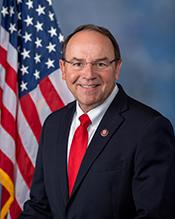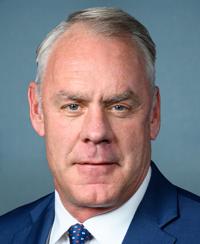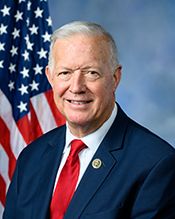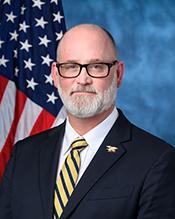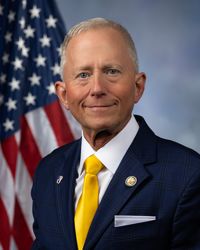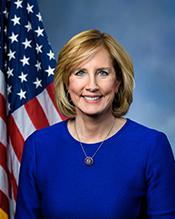0
No WHO Pandemic Preparedness Treaty Without Senate Approval Act
10/16/2024, 3:01 PM
Summary of Bill HR 1425
The bill highlights the importance of ensuring that any international agreements related to pandemic preparedness are thoroughly reviewed and approved by the Senate, as outlined in the US Constitution. It seeks to uphold the principle of checks and balances within the US government by requiring Senate approval for such treaties.
Proponents of the bill argue that it is necessary to safeguard US sovereignty and ensure that decisions related to pandemic preparedness are made in a transparent and accountable manner. They believe that Senate approval is essential to ensure that the interests of the American people are adequately represented in any international agreements. Opponents of the bill may argue that it could potentially hinder the US government's ability to respond quickly and effectively to global health crises. They may also raise concerns about the potential for political gridlock and delays in the approval process for pandemic preparedness treaties. Overall, Bill 118 hr 1425 raises important questions about the role of the Senate in approving international agreements related to public health and pandemic preparedness. It will be interesting to see how this legislation progresses through the US Congress and what impact it may have on future US engagement with the WHO and other international organizations.
Congressional Summary of HR 1425
No WHO Pandemic Preparedness Treaty Without Senate Approval Act
This bill establishes that any convention or agreement on pandemic-related issues reached by the World Health Assembly (WHA) pursuant to a specified negotiating body shall be deemed to be a treaty requiring the advice and consent of the Senate.
Specifically, this bill applies to any international instrument negotiated by the intergovernmental negotiating body established by the WHA in December 2021 to strengthen pandemic prevention, preparedness, and response.
Read the Full Bill
Current Status of Bill HR 1425
Bipartisan Support of Bill HR 1425
Total Number of Sponsors
1Democrat Sponsors
0Republican Sponsors
1Unaffiliated Sponsors
0Total Number of Cosponsors
118Democrat Cosponsors
0Republican Cosponsors
118Unaffiliated Cosponsors
0Policy Area and Potential Impact of Bill HR 1425
Primary Policy Focus
International AffairsPotential Impact Areas
Alternate Title(s) of Bill HR 1425
Comments

Walter Reilly
1 year ago
Not sure what this is all about, but sounds like a mess.

Kyson Carver
1 year ago
I'm not sure how this bill will impact us, but I think it's important for the Senate to have a say in these decisions. It seems like a big deal, so I hope it gets the attention it deserves.

Thomas Pridgen
1 year ago
I'm not sure about this bill, but it sounds like it could be good for us.
